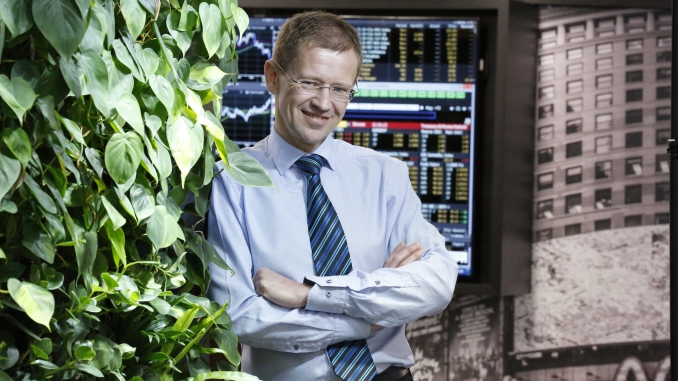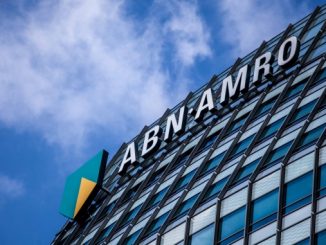
The Nordic Investment Bank (NIB) last week inaugurated the first dedicated Covid-19 use-of-proceeds framework with a €1bn three year “Response Bond”, moving quickly to support the alleviation of societal and economic impacts of the crisis. Head of funding and IR Jens Hellerup discussed the rapid launch of the quasi-social bond with Sustainabonds.
“In extraordinary times, extraordinary efforts are needed.”
In normal times, such a statement accompanying the launch of a new bond framework might be deemed hyperbole. But in the context of the Nordic Investment Bank’s new Response Bond framework, it is understandable.
On Friday, 27 March, Nordic Investment Bank (NIB) governors – ministers of its Nordic-Baltic member countries – invited it to take swift action to help alleviate the effects of the corona-crisis, with the institution supporting the stabilisation of the region’s economies.
Three days later, on Monday of last week (30 March), the NIB had a new Response Bond framework in place and that day inaugurated this with a €1bn ($1.1bn) three year transaction that attracted over €3.2bn of orders from more than 80 investors – making it the issuer’s biggest ever book for a euro benchmark – allowing for tightening of 3bp from initial guidance to pricing of 6bp over mid-swaps.
Jens Hellerup, the NIB’s head of funding and investor relations (pictured above), says that while the institution could anticipate the potential expansion of its role and prepare for such an eventuality, the establishment of the new framework made for a busy weekend in a situation where already many people were working from home.
“After the governors urged the NIB to deal with the impact of Covid-19 on the economy, we put out a statement that day confirming that we will be ready to increase our lending,” he says, “and from that point on we basically started working on a framework that would help us achieve this.
“It’s important that that we are able to help out in this kind of tragic crisis,” adds Hellerup, “and we are happy to be able to do so.”
The supranational already has an established Environmental Bond framework and could therefore draw on its experience in the green bond market. However, while others in its peer group have utilised existing social and sustainability bond frameworks for Covid-19-related issuance, NIB felt it necessary to create a framework outside the respective principles and guidelines for such instruments.
“You can ask whether or not this is a social mandate, and some would probably claim it could be, but we don’t say this is a social bond aligned with the Social Bond Principles (SBP),” says Hellerup. “Within the use of proceeds is lending that is perhaps not fully aligned with the long term social targets required by the SBP – tackling potential short term liquidity needs, for example.
“And it is important to us that we don’t start jeopardising NIB’s integrity or the integrity of the Social Bond Principles. That is why we came up with our Response Bond framework, which is effectively our response to the Covid-19 crisis.”
Eligible projects for financing with the Response Bond proceeds will among others promote the efficient operation of healthcare systems, according to NIB, and provide financial support and labour market solutions to alleviate frictions to supply chains.
As well as being issued outside the SBP, the speed with which the framework was established meant that a second party opinion was dispensed with – something that is recommended but not obligatory under the principles.
When approaching a volatile bond market with the its inaugural issue on Monday of last week, the NIB could draw some comfort from the successful launch the previous week of the first SSA euro benchmark since the crisis struck financial markets, a €3bn three year European Investment Bank deal, says Hellerup. It could also build on its experience of issuing a €500m seven year Environmental Bond in September 2019.
However, with NIB seeking to launch its biggest euro benchmark since 2009 into a still uncertain environment, he says the outcome was far from assured.
“Knowing exactly how it should be priced was of course more difficult,” adds Hellerup, “but in less than an hour we had some €2bn of orders and were able to tighten the price a little. We were very happy to see the strong demand.”



